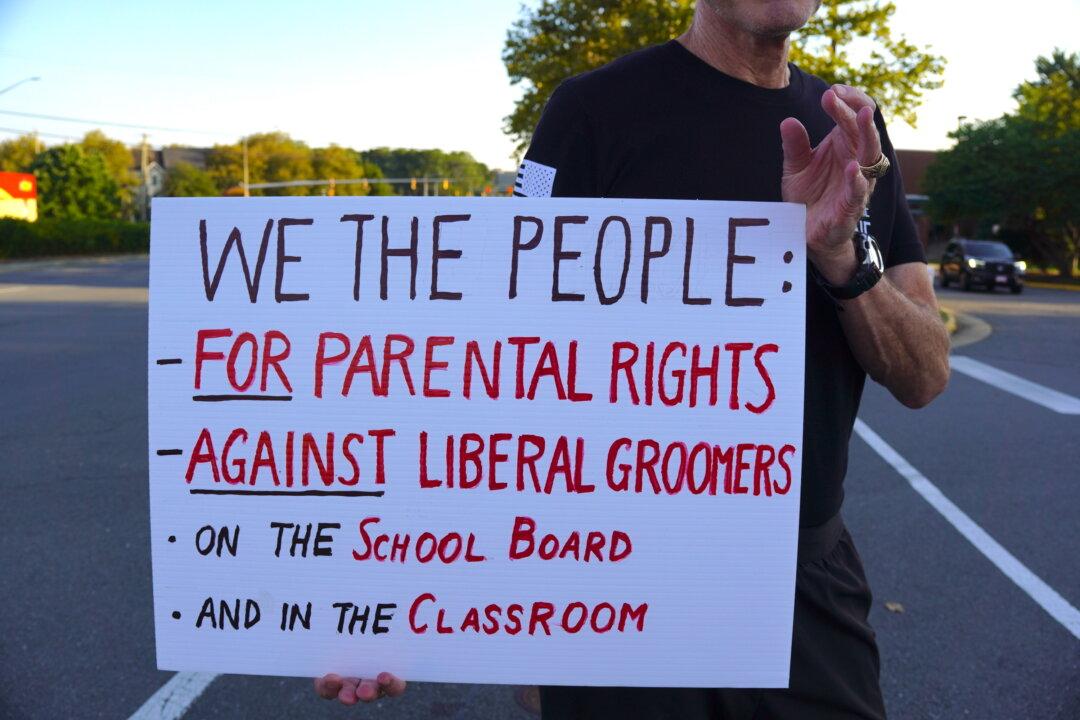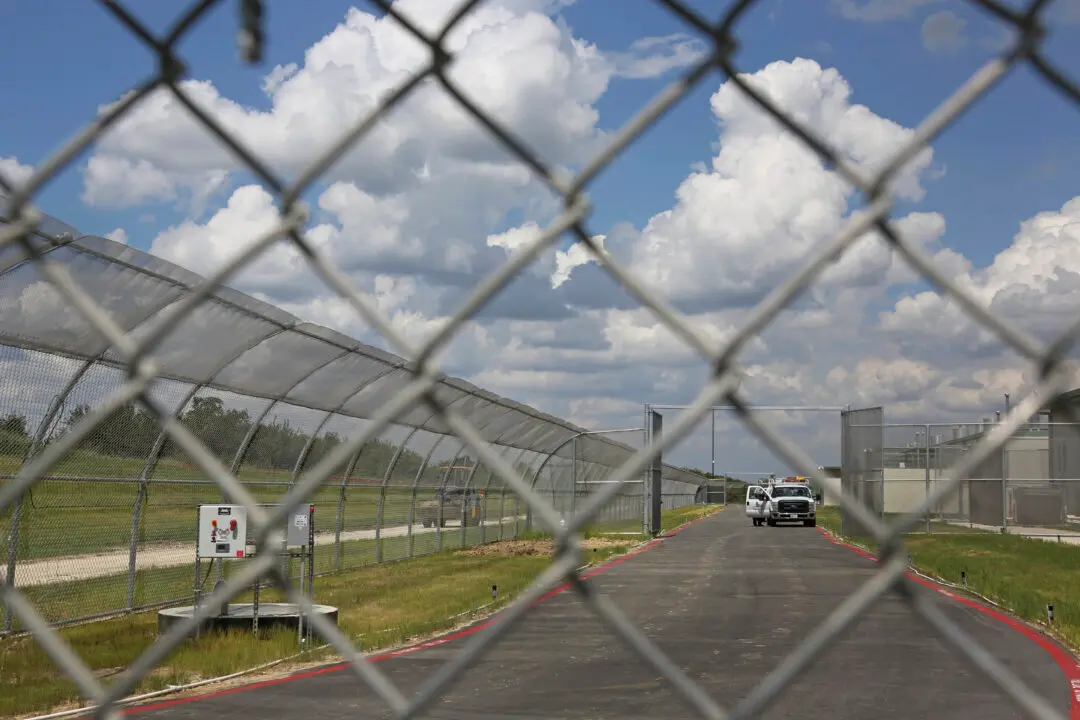The “Children’s Bill of Rights Act” filed by a Florida Democrat could potentially strip away a parent’s right to stop their child from accessing sexually explicit material, or gender, or racial literature.
House Bill 217, filed on Jan. 17 by Michele Rayner-Goolsby (D), appears to be the Left’s answer to the Parental Rights in Education law championed by Republican Gov. Ron DeSantis.




